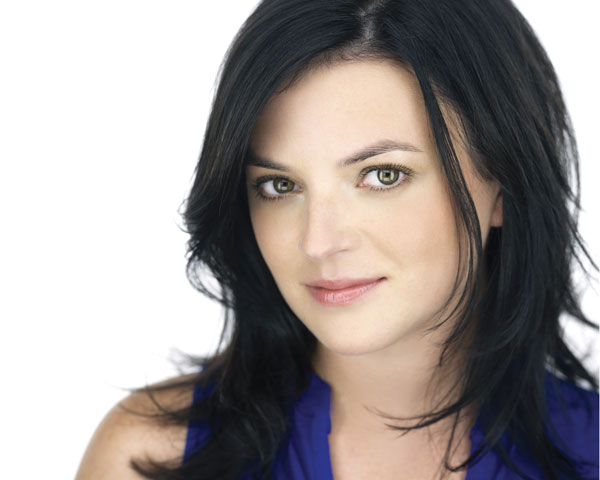
BY PARISA ESMAILI | Meet Rachel Black, Greenwich House’s newly appointed music school director. A native of Mississippi, she’s a classically trained actor and M.F.A. graduate of the American Conservatory Theatre.
Before taking the helm of Greenwich House’s 108-year-old music school, at 46 Barrow St., in June, Black was the general manager of SummerStage, New York City’s largest free performing arts festival, in Central Park and now also across all five boroughs.
“This is definitely a different ball game,” Black noted. “One cannot easily compare the two. SummerStage is more like a diaspora of people, attracting a constantly changing mix of people from all over the city, while the music school is like visiting your second home — a tightly knit community of friends and neighbors.”
Black has wasted little time getting to know the community and the music school’s importance to the neighborhood.
“The music school is charming,” she said. “There’s no other way to describe it. The families, the phenomenal faculty, the visiting artists, the intimacy — everything about it is just so heartwarming. The idea that musicians come to play at the music school simply because they love to play music humbles me.”
Black’s primary focus is to introduce new techniques for the children’s early enrichment program, as well as strengthen group and private lessons. This fall Greenwich House Music School will introduce the Suzuki Method for Violin to its curriculum, a method of instruction and musical philosophy based on the belief that all children have an innate talent and desire to create music. In the Suzuki Method, pieces are learned by ear and played from memory. Reading notes is incorporated later, when the child begins to read words. Unlike other approaches, the Suzuki Method requires the parent to play an active role in the student’s learning.
Black is also launching a tribute series in February to Café Au Go Go, the legendary Greenwich Village nightclub that featured many well-known musical groups and folksingers. Café Au Go Go was a veritable who’s who in American Music of the mid-to-late 1960s. Performers included Jimi Hendrix, Muddy Waters, Joni Mitchell, Jefferson Airplane, Lightnin’ Hopkins, Bill Evans, Van Morrison, Cream and the Grateful Dead.
“This project is particularly close to my heart,” Black said, “not just because Café au Go Go was a hugely influential cultural institution and launched many musicians’ careers; but because the music itself grew out of the bluegrass, jazz, soul and folk music that I grew up with in Mississippi.”
Acutely aware of its historical importance to Greenwich Village, Black sees the music school as an essential place to experience being part of Greenwich Village.
“Because this is such a close-knit community, I feel that it is important for me to go out and introduce myself to the public schools, local businesses and organizations,” she said. “I’ve also been working on how the music school can collaborate with other music institutions, such as Le Poisson Rouge and Joe’s Pub.”
Roy Leavitt, Greenwich House’s executive director, is bullish on Black.
“Ms. Black’s vision, enthusiasm and innovative ideas for the music school promise a bright future,” he said. “Rachel sees the music school as a West Village treasure, and it’s evident that she brings extraordinary gifts and dedication to the school.”
































